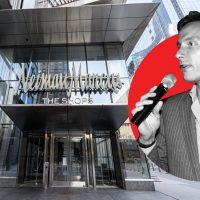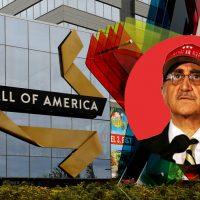The pandemic has devastated brick-and-mortar retail, but some investors profited handsomely by betting on shopping malls’ misfortune.
Among them is Carl Icahn, one of the country’s best-known investors, who took a calculated risk that malls would suffer.
Read more


Since the onset of the pandemic, Icahn has been outspoken about his shorting on the mall-heavy CMBX 6 index.
“The malls were way overbuilt to begin with,” Icahn told the New York Times, “but additionally, the real problem was that malls and physical retail were constantly losing ground to online shopping.”
Icahn and others were convinced that the demise of shopping malls would be accelerated by the pandemic in an “absolute perfect storm,” as some investors called it. But he was shorting malls last year, well before the coronavirus arrived.
Icahn has made $1.3 billion on what is collectively known as the “mall short” in financial circles, according to the Times.
MP Securitized Credit Partners, an investment management firm, was also an early adopter of the strategy. Investors with the firm more than doubled their money on that bet, according to the Times.
MP’s principal, Daniel McNamara, called the trade “the Big Short 2.0,” referring to the historic profits some savvy investors reaped by predicting the collapse of the housing market in the 2000s. [NYT] — Akiko Matsuda
